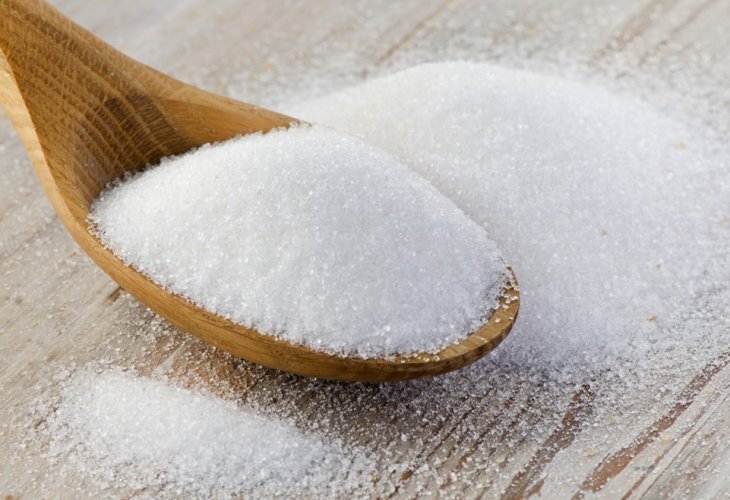Jewish Law
Is Your Sugar Really Kosher? The Hidden Halachic Concerns Behind Everyday Sweeteners
How sugar is refined, why some additives once came from animal fat, and what modern kosher supervision ensures today

Did you know that your morning teaspoon of sugar might involve a halachic debate?
Sugar is produced from two main plants — sugarcane and sugar beet. In factories, sugarcane is crushed, and beets are sliced into chip-like strips to extract their juice. The liquid is boiled, creating a murky greenish or gray syrup filled with various acids and a bitter, sour taste, far from the sweetness we know.
To purify it, manufacturers add lime water (calcium hydroxide), which is kosher. The heated syrup is condensed in vacuum tanks into a thick brown liquid. At this stage, small amounts of powdered sugar are added to trigger crystallization — producing the first white sugar crystals.
If production stopped here, we’d have brown sugar, which has no kosher concerns. But in the modern process, the mixture of brown syrup and white crystals goes through centrifuges that spin rapidly to separate the molasses from the crystals, yielding the familiar white sugar we use daily.
The Hidden Kosher Issues: Glycerin and Antifoam
Two potential kashrut problems appear during this stage:
Glycerin Additives — Occasionally, glycerin is added to help with the crystallization process. In rare cases, this glycerin comes from animal fat, making it non-kosher. Thankfully, this is uncommon today, as most factories use plant-based glycerin or skip it entirely.
Antifoam Agents (Antifoam/Antifoaming Compounds) — This is where things get complicated. During high-speed spinning, sugar syrup foams up, interfering with machinery efficiency. To prevent this, manufacturers add antifoam, a chemical compound that breaks surface bubbles.
Many antifoam agents are fat-based, often made from animal fat, since it is non-toxic and food-safe. Other options — like alcohol or kerosene-based antifoams — are toxic and unsuitable for food. This raises a major kashrut issue, as even a trace of non-kosher fat theoretically contaminates the batch.
Why Most Kashrut Agencies Permit It
Leading kosher certifiers explain that the antifoam is used in microscopic amounts — just a few parts per million (PPM), and it becomes nullified in the massive vats of sugar syrup. The compound is also considered “pagum” (foul-tasting and inedible), meaning it doesn’t affect the flavor and therefore does not prohibit the final product.
Nonetheless, the most reputable kosher agencies ensure their sugar producers use plant-based antifoam from verified suppliers.
In practice, almost all major sugar plants today use the same certified antifoam sources, verified to be free of animal fat.
While your sugar is almost certainly kosher, halachic vigilance — even over something as sweet as sugar, remains part of the Jewish sensitivity to purity in what we consume.

